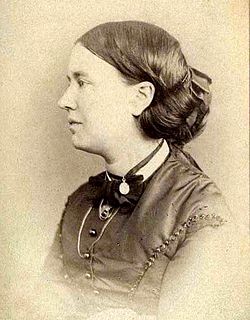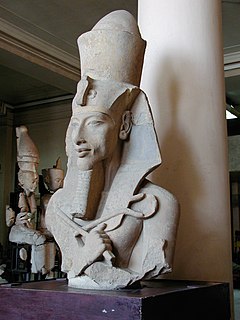A Quote by Sri Aurobindo
Arise, transcend Thyself, Thou art man and the whole nature of man Is to become more than himself.
Related Quotes
When thou art offended at any man's fault, forthwith turn to thyself and reflect in what manner thou doest error thyself. For by attending to this thou wilt quickly forget thy anger, if this consideration is also added, that the man is compelled; for what else could he do? or, if thou art able, take away from him the compulsion.
What is thy thought? There is no miracle?
There is a great one, which thou hast not read,
And never shalt escape. Thyself, O man,
Thou art the miracle. Ay, thou thyself,
Being in the world and of the world, thyself,
Hast breathed in breath from Him that made the world.
Thou art thy Father's copy of Himself,--
Thou art thy Father's miracle.
Either all things proceed from one intelligent source and come together as in one body, and the part ought not to find fault with what is done for the benefit of the whole; or there are only atoms, and nothing else than a mixture and dispersion. Why, then, art thou disturbed? Say to this ruling faculty, Art thou dead, art thou corrupted, art thou playing the hypocrite, art thou become a beast, dost thou herd and feed with the rest?
Men seek retreats for themselves, houses in the country, sea-shores, and mountains; and thou too art wont to desire such things very much. But this is altogether a mark of the most common sort of men, for it is in thy power whenever thou shalt choose to retire into thyself. For nowhere either with more quiet or more freedom from trouble does a man retire than into his own soul.
Why dost thou heap up wealth, which thou must quit,
Or what is worse, be left by it?
Why dost thou load thyself when thou 'rt to fly,
Oh, man! ordain'd to die?
Why dost thou build up stately rooms on high,
Thou who art under ground to lie?
Thou sow'st and plantest, but no fruit must see,
For death, alas! is reaping thee.
Does a man reproach thee for being proud or ill-natured, envious or conceited, ignorant or detracting? Consider with thyself whether his reproaches are true. If they are not, consider that thou art not the person whom he reproaches, but that he reviles an imaginary being, and perhaps loves what thou really art, though he hates what thou appearest to be.





































